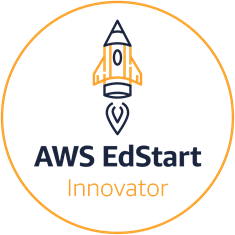Sales Transformation

There are three kinds of organizations in the world. The first is the kind that drives and leads industry change, with their market innovations. The second kind can foresee imminent change, and adapt strategies nimbly to the market. And the third learn about the change in the evening news. Of course, in some special situations, like the COVID-19 crisis, every organization is alike: we are all scrambling to figure out survival strategies in a world that is suddenly very different.
No matter what the situation is when an organization undertakes to transform its market strategy, there is one invariant factor. Market strategy transformations fail unless the organization’s market-facing workforce undergoes a behavioral transformation first. The more dramatic the change in market strategy is, the more drastic the behavioral transformation needs to be. They may need to identify new kinds of buyers, talk to them differently, or about different products, or use different commercial constructs, or all the above.
Sales behavior is largely learned by personal experience and active observation – not from run books and theory. Much of the behavior is based on convictions and biases backed by anecdotal information, not by deep, data-driven insights. Sales behavior is habitual: most salespeople hold an unconscious belief that behavior that brought past success will also work well in the future.
In the case of an organizational transformation to deal with a market change, this assumption is no longer valid. But no amount of reasoning and logic helps in changing old habits and unconscious beliefs.
The Cymorg team works with change leaders to model the organization and the market – as it would look and work in the FUTURE. Sales participants are invited to try and achieve their targets in this new world. Their responses to market events are rewarded or not, based on the new rules of the game. Salespeople learn very quickly that the only way to achieve their goals is by changing their approach. By creating a narrative, and placing the salesperson as the protagonist of the story, Cymorg builds new habits to replace old ineffective ones.
The only effective way to create a new habit is through experiential and active means, This lesson can be learned either through experiential simulations like Cymorg, or by repeated failure in the real world. Only one of those two methods is cost-effective.



